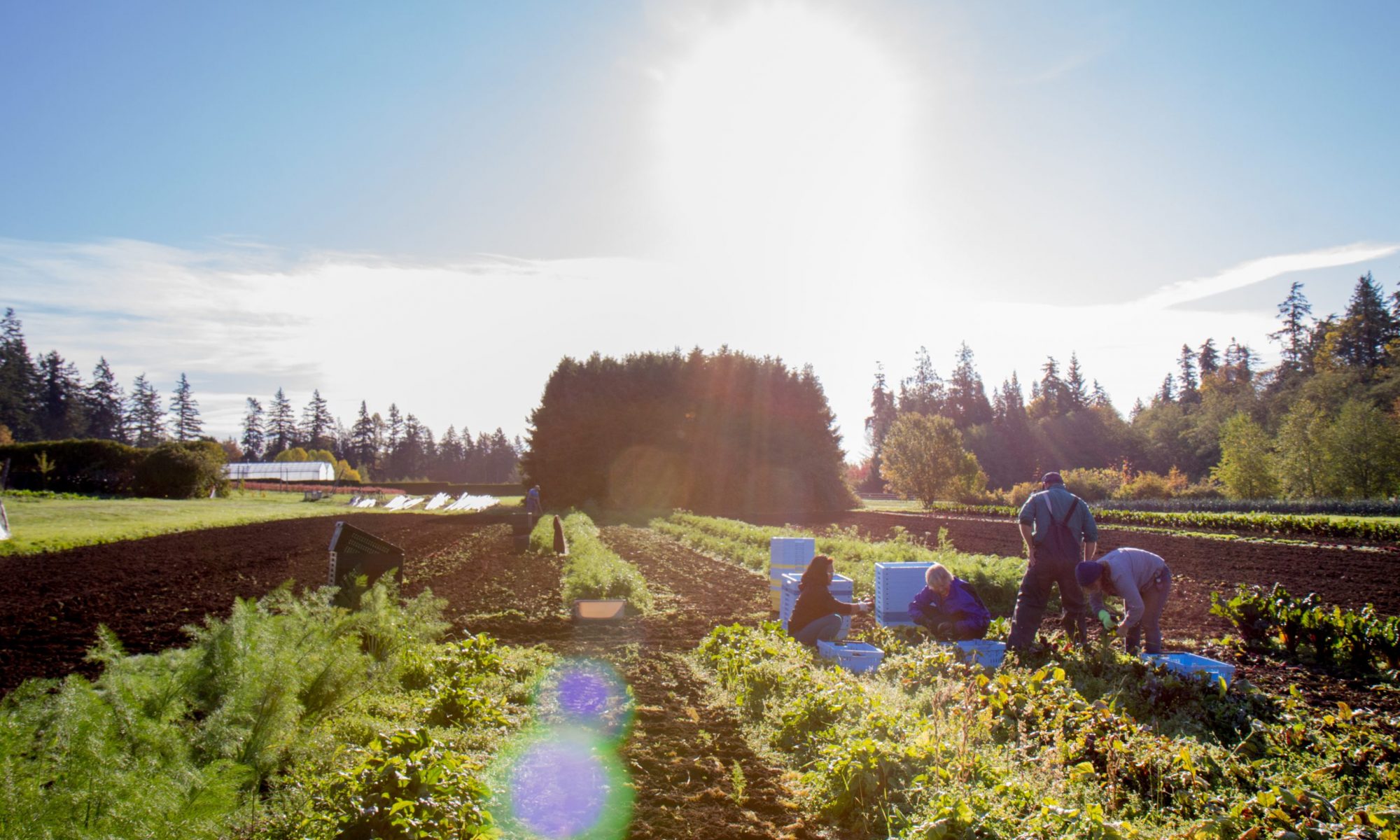The Invasive Species Council of BC is pleased to host the 2022 Provincial Youth Summit: “The Power of One”, on January 15, 2022.
Summit Background
The Invasive Species Council of BC convened the first Provincial Youth Summit in 2020. The Youth Summit brought together youth, leaders and industry experts from across BC. Attendees explored volunteer projects in habitat restoration and learned from environmental experts.
The 2022 Provincial Youth Summit takes place virtually on January 15, 2022.
Summit Program
Hear from several exciting speakers including Simon Jackson, the founder of the Spirit Bear Youth Coalition, and Katie and Claire, the founders of Friendly Composting. Learn how illustrative nature journaling promotes biodiversity in BC and inspires appreciation of the natural world.
Registration Link
The Deadline to Register is January 15, 2022 at 10am Pacific Time.
https://bcinvasives-ca.zoom.us/meeting/register/tZcof–ppzgvGtQMGwhqiNrt_gtEIkhdtx_L
